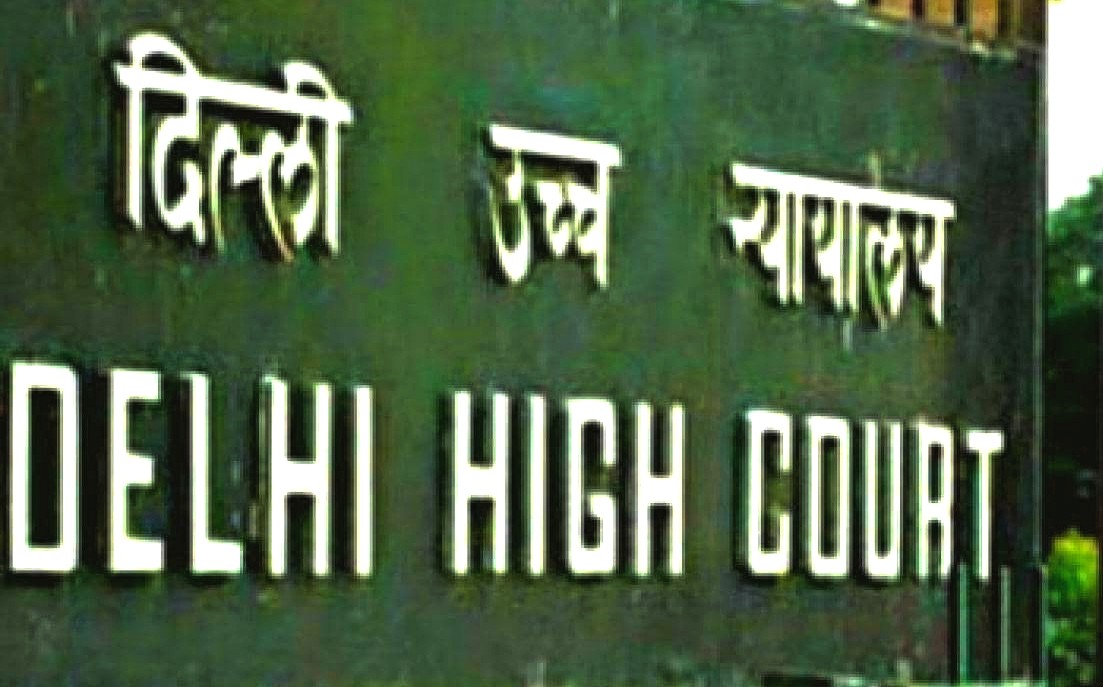If arbitration clause is found to be foul with amended provision of Sec.12(5) of Arbitration & Conciliation Act, then appointment of arbitrator would be beyond pale of arbitration agreement, empowering Court to appoint arbitrator: SC

Read Judgment: Ellora Paper Mills Limited V. The State Of Madhya Pradesh
Pankaj Bajpai
New Delhi, January 5, 2022: The Supreme Court has opined that when the arbitration clause is found to be foul with the amended provision of Section 12(5) of Arbitration & Conciliation Act, the appointment of the arbitrator would be beyond the pale of the arbitration agreement, empowering the Court to appoint such an arbitrator as may be permissible.
A Division Bench of Justice M.R Shah and Justice B.V. Nagarathna observed that notwithstanding any prior agreement to the contrary, any person whose relationship with the parties or counsel or the subject matter of the dispute falls under any of the categories specified in the Seventh Schedule to the Arbitration and Conciliation Act, 1996, he shall be ineligible to be appointed as an arbitrator.
The observation came pursuant to an appeal challenging the judgment whereby the High Court dismissed the application preferred by Ellora Paper Mills (Appellant) u/s 14 r/w/s 11 & 15 of the Arbitration and Conciliation Act, seeking termination of the mandate of originally constituted Arbitral Tribunal and to appoint a new arbitrator.
Going by the background of the case, State Of Madhya Pradesh (Respondent) issued a tender for supply of the cream wove paper and duplicating paper for the year 1993-94. The appellant participated in the said tender process and was awarded the contract. Later, a dispute arose between the appellant and the respondent. According to the appellant, the Respondent not only did not make the payment of 90% of the amount as per the terms of the contract, but also rejected some consignments without any justification, causing loss to it. Thereafter, the appellant filed a civil suit in the year 1994 seeking the relief of permanent injunction against the respondent seeking to restrain it from awarding the supply order to a third party. The respondent, in the meantime, awarded the contract to the third party for the remaining supply. Therefore, the said civil suit became infructuous.
The appellant thereafter filed another suit seeking recovery of an amount of Rs.95,32,103/-. On the other hand, the respondent preferred an application u/s 8 of the Arbitration Act, 1996 seeking stay of the proceedings on the ground that there exists an arbitration clause in the agreement between the parties. The Civil Court rejected the said application. The High Court however referred the parties to arbitration by the Stationery Purchase Committee comprising of the officers of the respondent.
Subsequently, the appellant filed an application before the High Court u/s 14 r/w/s 11 & 15 of the Arbitration Act, 1996 seeking termination of the mandate of originally constituted Arbitral Tribunal and for appointment of a new arbitrator. After considering the arguments, the High Court held that when in the present case the Arbitral Tribunal was constituted much prior to the Amendment Act, 2015 and the Arbitral Tribunal commenced its proceedings, the Amendment Act, 2015 – Section 12(5) of the Arbitration Act, 2016 shall not be applicable.
After considering the submissions, the Apex Court noted that after the constitution of the Arbitral Tribunal in the year 2001, no further steps whatsoever have been taken in the arbitration proceedings and therefore technically it cannot be said that the arbitration proceedings by the Arbitral Tribunal – Stationery Purchase Committee has commenced.
Speaking for the Bench, Justice Shah noted that that in the present case, the Stationery Purchase Committee – Arbitral Tribunal comprising of officers of the respondent – State are all ineligible to become and/or to continue as arbitrators in view of the mandate of sub-section (5) of Section 12 read with Seventh Schedule.
Thus, the Arbitral Tribunal – Stationery Purchase Committee, has lost its mandate by operation of law in view of Section 12(5) read with Seventh Schedule and a fresh arbitrator has to be appointed under the provisions of the Arbitration Act, 1996, observed the Bench.
Thus, the Apex Court quashed the order passed by the High Court, and instead of remanding the matter to the High Court to name the arbitrator, appointed Justice Abhay Manohar Sapre, a former Judge of this Court to act as an arbitrator to adjudicate upon/resolve the dispute between the parties.
Sign up for our weekly newsletter to stay up to date on our product, events featured blog, special offer and all of the exciting things that take place here at Legitquest.




Add a Comment